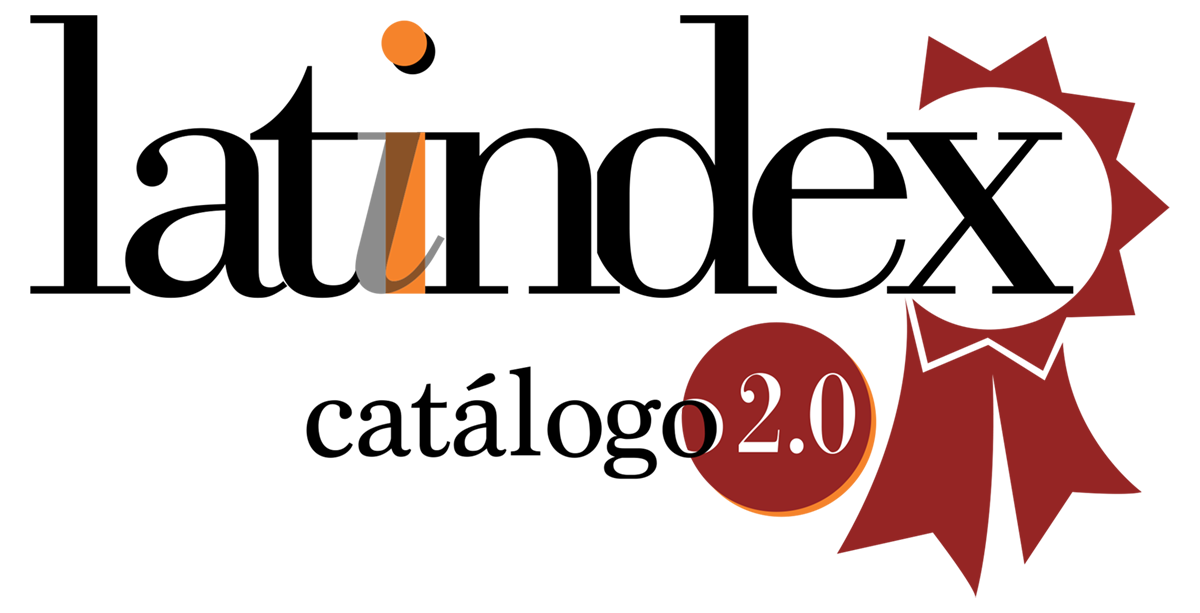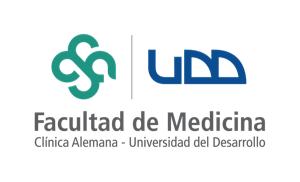Un viejo eminente, omnipresente y no siempre convenientemente atendido: El estrés.
DOI:
https://doi.org/10.52611/confluencia.num1.2023.909Palabras clave:
Estrés psicológico, Estrés fisiológico, Homeostasis, Alostasis, Síndrome de adaptación generalResumen
Introducción: El estrés es un concepto complejo que ha sufrido grandes modificaciones y que importa impactos de orden fisiopatológico, psicopatológico y social en la práctica clínica general y cotidiana. Objetivo: A través de una revisión bibliográfica describir la historia, evolución, impacto a nivel fisiológico y ejemplificar el impacto clínico del estrés. Metodología: Se realizó una búsqueda bibliográfica en PubMed utilizando los términos: “Hans Selye, general adaptation syndrome, psichosocial stress, stress impact, stress AND neurobiology, karoshi, Takotsubo syndrome”. Desarrollo: Desde la primera mención del estrés, desde un punto biológico el concepto de estrés ha sufrido grandes modificaciones. Actualmente se pueden identificar distintos tipos de estímulos estresantes, tipos de estrés, respuestas ante el estrés y efectos que genera a corto y largo plazo. Se puede subdividir en base a su efecto en la capacidad de adaptación en eustrés, distrés y sustrés. A nivel fisiológico puede expresarse como alteraciones a nivel epigenético, del sistema inmune, neurológicas, compromiso endocrinológicas, cardiovasculares y gastrointestinales. El impacto de estas alteraciones se puede evidenciar en la práctica clínica aumentando el riesgo, modificando el curso y disminuyendo la respuesta a tratamiento de distintas patologías, tanto del área psiquiátrica como de otras especialidades. Conclusión: El estrés es un concepto complejo que incluye distintos tipos de estímulos, respuestas y efectos a nivel fisiológico que repercuten en la práctica clínica, por lo que es necesario que el personal de salud los comprenda e identifique para poder abordar de forma integral el contexto de cada paciente.
Descargas
Citas
Lu S, Wei F, Li G. The evolution of the concept of stress and the framework of the stress system. Cell Stress [Internet]. 2021 jun 14 [citado el 10 abril 2023];5(6):76- 85. Disponible en: https://www.ncbi.nlm.nih.gov/pmc/articles/PMC816621 7/?report=classic
Jackson M. Evaluating the Role of Hans Selye in the Modern History of Stress [Internet]. Nih.gov. University of Rochester Press; 2014 [citado el 10 abril 2023]; Disponible en: https://www.ncbi.nlm.nih.gov/books/NBK349158/
Danese A, J Lewis S. Psychoneuroimmunology of Early-Life Stress: ¿The Hidden Wounds of Childhood Trauma? Neuropsychopharmacology [Internet]. 2016 [citado el 10 abril 2023];42(1):99-114. Disponible en: https://www.nature.com/articles/npp2016198
Cunliffe VT. The epigenetic impacts of social stress: how does social adversity become biologically embedded? Epigenomics [Internet]. 2016 [Citado 10 abril 2023];8(12):1653-69. Disponible en: https://www.ncbi.nlm.nih.gov/pmc/articles/PMC5289034/
O’Connor DB, Gartland N, O’Connor RC. Stress, cortisol and suicide risk [Internet]. Clow A, Smyth N,editors. eprints.whiterose.ac.uk. Elsevier; 2020 [citado 10 abril 2023]. Disponible en: https://eprints.whiterose.ac.uk/154701/
Osborne MT, Shin LM, Mehta NN, Pitman RK, Fayad ZA, Tawakol A. Disentangling the Links Between Psychosocial Stress and Cardiovascular Disease. Circulation: Cardiovascular Imaging [Internet]. 2020 [citado 10 abril 2023];13(8). Disponible en: https://www.ahajournals.org/doi/10.1161/CIRCIMAGIN G.120.010931
Hackett RA, Steptoe A. Psychosocial Factors in Diabetes and Cardiovascular Risk. Current Cardiology Reports [Internet]. 2016 [citado 10 abril 2023];18(10). Disponible en: https://www.ncbi.nlm.nih.gov/pmc/articles/PMC5002050/
Ojard C, Donnelly JP, Safford MM, Griffin R, Wang HE. Psychosocial Stress as a Risk Factor for Sepsis. Psychosomatic Medicine [Internet]. 2015 [citado 10 abril 2023];77(1):93-100. Disponible en: https://www.ncbi.nlm.nih.gov/pmc/articles/PMC4293326/
Yaribeygi H, Panahi Y, Sahraei H, Johnston TP, Sahebkar A. The impact of stress on body function: A review. EXCLI Journal [Internet]. 2017 [citado 10 abril 2023];16(1):1057-72. Disponible en: https://www.ncbi.nlm.nih.gov/pmc/articles/PMC5579396/
Antoni MH, Dhabhar FS. The impact of psychosocial stress and stress management on immune responses in patients with cancer. Cancer [Internet]. 2019 [citado 10 abril 2023];125(9):1417-31. Disponible en: https://www.ncbi.nlm.nih.gov/pmc/articles/PMC6467795/
Cooper SJ. From Claude Bernard to Walter Cannon. Emergence of the concept of homeostasis. Appetite [Internet]. 2008 [citado 10 abril 2023];51(3):419-27. Disponible en: https://www.sciencedirect.com/science/article/pii/S019 5666308005114?casa_token=diezYaUxVwoAAAAA:r 05vEHEr8lR2T8naM7nIPcUE8ztw9vOwoJS_fizopOka Kykl9ML3b4A7mFzBj2H_hksr0XGlAsE
Sterling P, Eyer J. Allostasis: A New Paradigm to Explain Arousal Pathology [Internet]. Research Gate. 1988 [citado 10 abril 2023]. Disponible en: https://www.researchgate.net/publication/232601628_ Allostasis_A_New_Paradigm_to_Explain_Arousal_Pat hology
Guidi J, Lucente M, Sonino N, Fava Giovanni A. Allostatic Load and Its Impact on Health: A Systematic Review. Psychotherapy and Psychosomatics [Internet]. 2020 [citado 10 abril 2023];90(1):1-17. Disponible en: https://www.karger.com/Article/FullText/510696Picard, Martin, and Bruce S. McEwen. Psychological Stress and Mitochondria. Psychosom Med [Internet]. 2018 [citado 10 abril 2023];80(2):126-40. Disponible en: www.ncbi.nlm.nih.gov/pmc/articles/PMC5901651/
Calabrese EJ, Baldwin LA. Defining hormesis. Human & Experimental Toxicology [Internet]. 2002 [citado 10 abril 2023];21(2):91-7. Disponible en: https://journals.sagepub.com/doi/10.1191/096032710 2ht217oa
Miller AH, Raison CL. The role of inflammation in depression: from evolutionary imperative to modern treatment target. Nature Reviews Immunology [Internet]. 2015 [citado 10 abril 2023];16(1):22-34. Disponible en: https://www.ncbi.nlm.nih.gov/pmc/articles/PMC5542678/
Godoy LD, Rossignoli MT, Delfino-Pereira P, Garcia- Cairasco N, de Lima Umeoka EH. A Comprehensive Overview on Stress Neurobiology: Basic Concepts and Clinical Implications. Frontiers in Behavioral Neuroscience [Internet]. 2018 [citado 10 abril 2023];12(127). Disponible en: https://www.ncbi.nlm.nih.gov/pmc/articles/PMC6043787/
McEwen BS, Akil H. Revisiting the Stress Concept: Implications for Affective Disorders. The Journal of Neuroscience [Internet]. 2020 [citado 10 abril 2023];40(1):12-21. Disponible en: https://pubmed.ncbi.nlm.nih.gov/31896560/
Kim EJ, Pellman B, Kim JJ. Stress effects on the hippocampus: a critical review. Learning & Memory [Internet]. 2015 [citado 10 abril 2023];22(9):411-6. Disponible en: https://www.ncbi.nlm.nih.gov/pmc/articles/PMC4561403/
Swartz, J R, et al. “An Epigenetic Mechanism Links Socioeconomic Status to Changes in Depression- Related Brain Function in High-Risk Adolescents.” Molecular Psychiatry [Internet]. 2016 [citado 10 abril 2023];22(2):209-14. Disponible en: www.ncbi.nlm.nih.gov/pmc/articles/PMC5122474/ Eguchi H, Wada K, Smith DR. Recognition, Compensation, and Prevention of Karoshi, or Death due to Overwork. Journal of Occupational and Environmental Medicine [Internet]. 2016 [citado 10 abril 2023];58(8):e313-4. Disponible en: https://journals.lww.com/joem/Fulltext/2016/08000/Recog nition,_Compensation,_and_Prevention_of.27.aspx
Amin HZ, Amin LZ, Pradipta A. Takotsubo Cardiomyopathy: A Brief Review. Journal of Medicine and Life [Internet]. 2020 [citado 10 abril 2023];13(1):3- 7. Disponible en: https://www.ncbi.nlm.nih.gov/pmc/articles/PMC7175432/
Descargas
Publicado
Cómo citar
Número
Sección
Licencia
Derechos de autor 2023 Revista Confluencia

Esta obra está bajo una licencia internacional Creative Commons Atribución-NoComercial-SinDerivadas 4.0.









